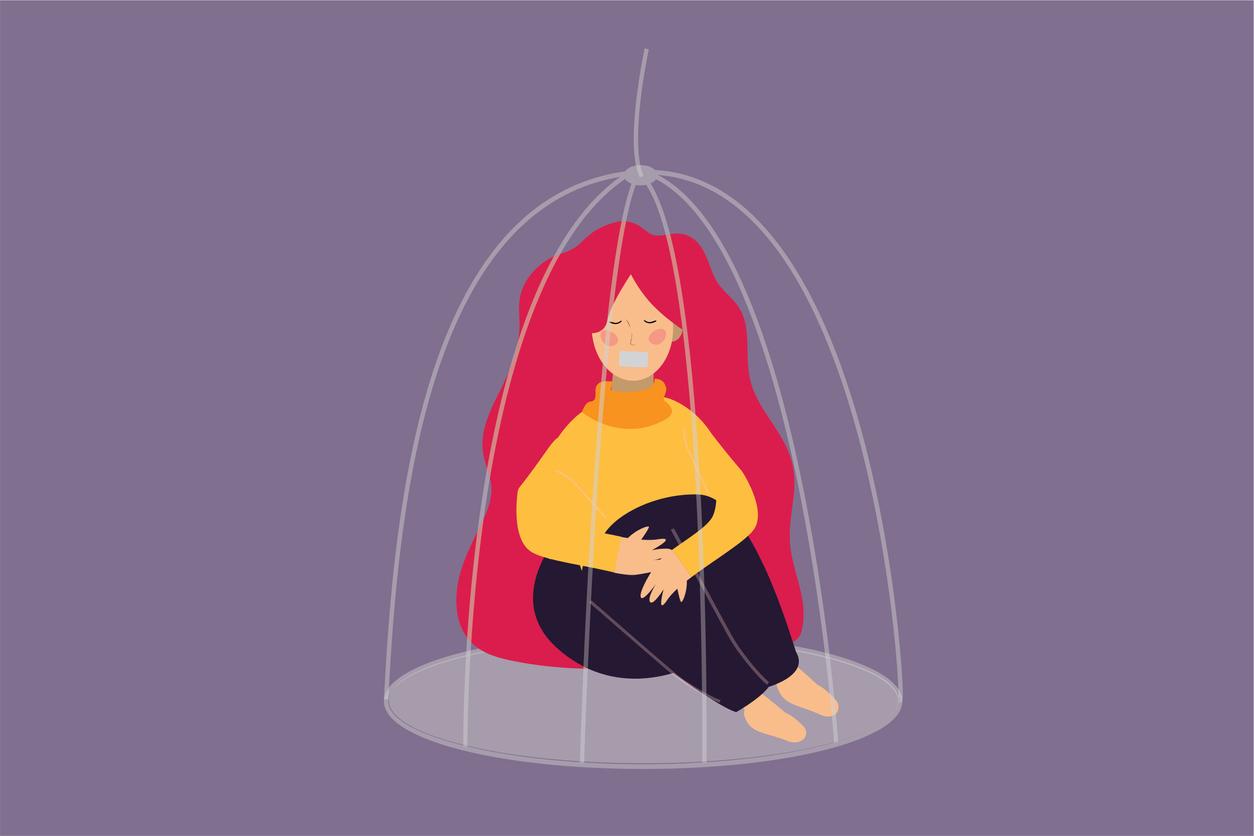Adopting a different look at your past allows you to transcend a traumatic event and can help you get out of your victim status.

- Staying in the role of victim can be a source of great suffering (sadness, shame, guilt).
- We are not all equal in the face of the same traumatic event, so comparing ourselves makes no sense.
- The accompaniment by a mental health professional such as a psychologist or a psychiatrist makes it possible to free speech, to get out of the spiral of shame and to be able to transcend the event towards a rebirth of oneself.
While no one is spared difficult events in their lifetime, for some, remaining in a victim role can be a source of great suffering. Learning to look at traumatic experiences differently can help recover from sadness, shame, and guilt.
Why do we remain in our victim status?
For the same event, some will remain in a victim status much longer than others. This difference is explained both by the personality, the personal history but also by the perception of the event itself.
We are not all equal in the face of the same traumatic event, so comparing ourselves makes no sense. Most often, the victim retains the traumatic memory without being able to really integrate it into their personal history, continuing to wonder incessantly why they experienced this event and perpetuating the idea that it could be their fault.
Knowing how to make sense of the traumatic event
If the victim persists in this status it is not by choice but rather because of her guilt which encourages her to think that she could have done something to deserve what she experienced. This impossibility to give meaning to the event confines the traumatic memory and impacts the person in his daily life, causing sadness, mistrust, shame and most often isolation and withdrawal into himself.
Being able to give meaning to the traumatic event by integrating it into one’s life story means asking oneself the question of the role he may have had and being able to use it to learn about oneself and possibly help others. Many victims have used their traumatic experience to create something and then eventually seek redress when possible.
Working on guilt by placing the fault where it really lies also allows you to regain better self-confidence and to be able to learn from the past situation. The accompaniment by a mental health professional such as a psychologist or a psychiatrist makes it possible to free speech, to get out of the spiral of shame and to be able to transcend the event towards a rebirth of oneself.
Read more: “The Body Forgets Nothing: Brain, Mind and Body in Trauma Healing” by Bessel van der Kolk.


















